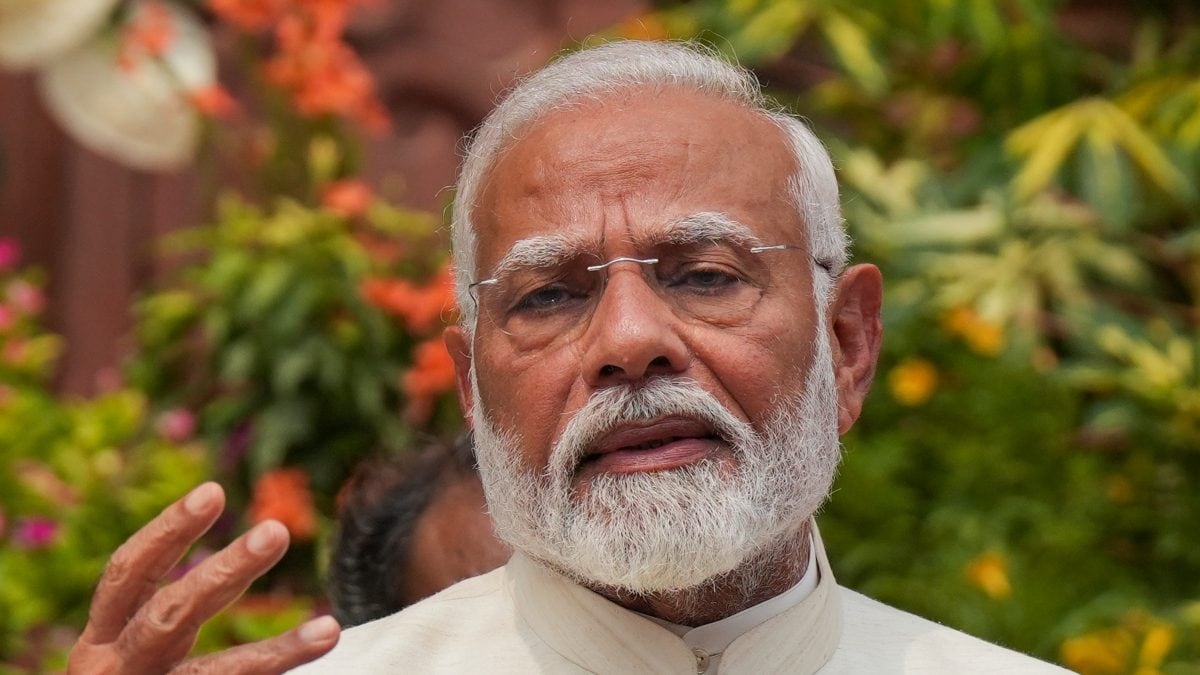 |
|
The Indian political landscape has been marked by a heated debate surrounding the implementation of a caste census. This debate took a sharp turn when BJP leader Anurag Thakur delivered a scathing speech in the Lok Sabha, targeting the opposition Congress party and its leader Rahul Gandhi. The speech, which was praised by Prime Minister Narendra Modi, saw Thakur accusing Gandhi of misinterpreting his position as the Leader of Opposition and using the issue of caste for political gains. Thakur also pointed out the historical opposition to caste-based reservations by former Prime Minister Rajiv Gandhi, highlighting the alleged hypocrisy within the Congress party's current stance. His speech, delivered with a mix of facts and humor, was widely viewed as a strong counter to Gandhi's earlier remarks regarding the caste census.
Rahul Gandhi, in response to Thakur's speech, accused the BJP MP of insulting and abusing him. The controversy stemmed from Thakur's retort to Gandhi's statement about not knowing the MP's caste. This remark triggered a heated exchange, with Gandhi accusing Thakur of using derogatory language and claiming he would not seek an apology. Gandhi's stance, however, remained resolute, as he insisted on the passage of the caste census in Parliament, asserting that the issue of Adivasi, Dalit, and backward communities should not be met with abuse and insults.
The exchange between Thakur and Gandhi reflects the deep-seated political divisions in India, with the issue of caste taking center stage. Both sides have accused the other of using the census for political gain, highlighting the complexity and sensitivity of the topic. While the debate continues, the controversy has brought to light the need for a more nuanced and constructive dialogue on the issue of caste, its impact on society, and the role of government in addressing concerns related to its implementation.
